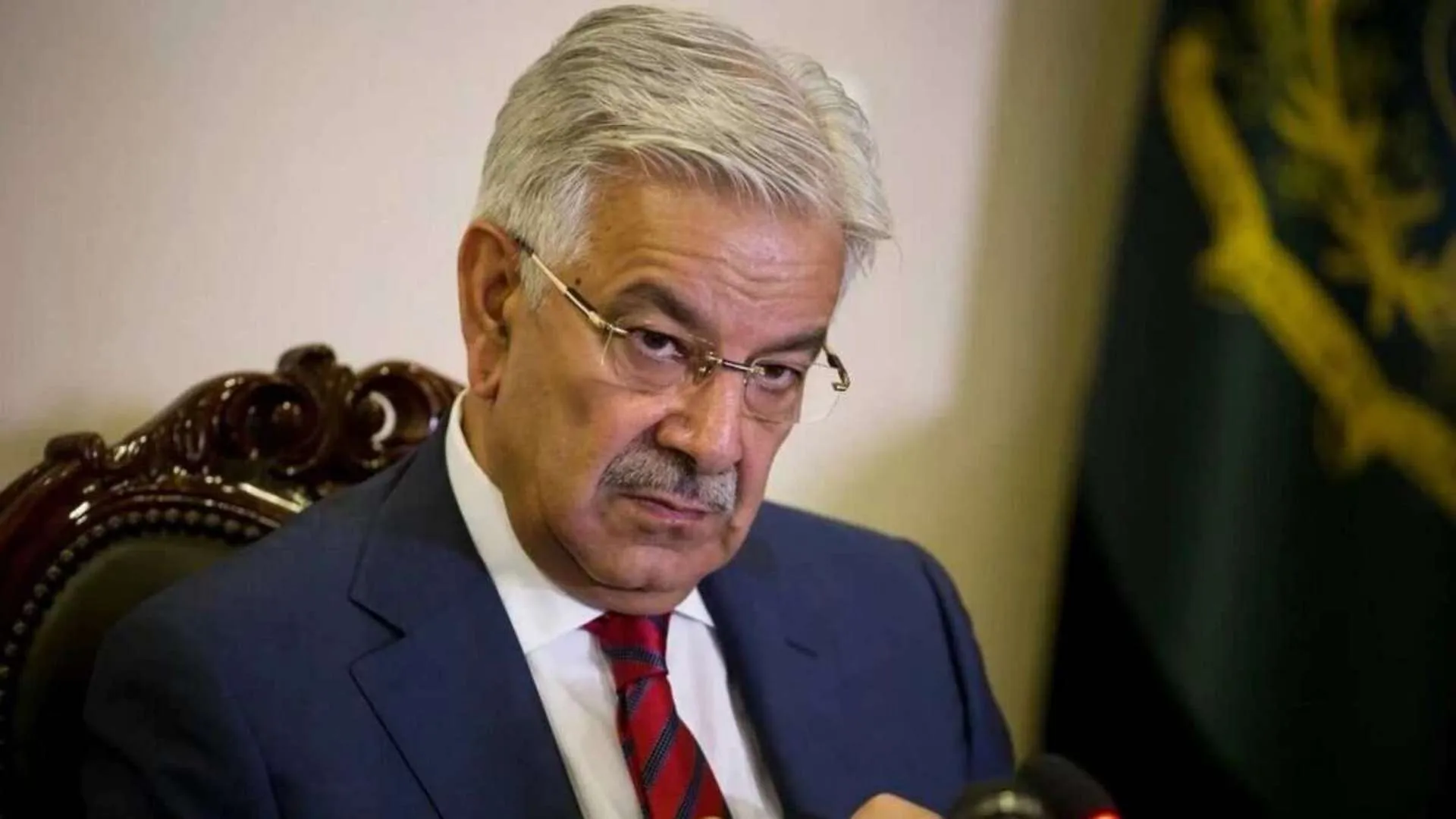The Enforcement Directorate (ED) has recently rolled out internal guidelines aimed at standardizing the process for recording statements from individuals summoned for questioning. These new protocols, introduced on Tuesday, emphasize the importance of conducting interviews during regular office hours and establish specific considerations for vulnerable populations, including the elderly and those with health issues.
Key Elements of the New Guidelines
The guidelines have been issued in response to directives from the Prevention of Money Laundering Act (PMLA) Court, particularly regarding the protocols surrounding Section 50 of the PMLA. The ED aims to ensure a fair and structured approach to questioning while safeguarding the integrity of the investigative process.
Timings for Recording Statements
The ED stresses that officers should prioritize scheduling questioning sessions during normal working hours. This is particularly important for elderly individuals or those with serious medical conditions, as their examination should be limited to regular hours. In cases where circumstances permit, the agency advises rescheduling sessions to a more suitable time, ensuring the comfort and well-being of the summoned individuals.
In its communication, the ED highlighted the expectation for authorized officers to come prepared with relevant documents and a structured questionnaire for efficient examination. Officers are also reminded to adhere to the scheduled time, avoiding unnecessary delays that can prolong the waiting period for those summoned.
MUST READ: Wayanad: ‘I’ve Been A Housewife For Last 30 Years And I Have A Strong Voice…’, Says Priyanka Gandhi
Emphasis on Prompt Examinations
Given the nature of money laundering investigations, which often involve the rapid transfer or concealment of illicit funds, the ED has underscored the necessity of conducting examinations as quickly as possible. Ideally, the agency aims to complete the questioning on the same day or the following day to reduce opportunities for individuals to conceal evidence or fabricate explanations.
The ED noted that this approach helps minimize the risk of individuals dissipating crime proceeds or obstructing the investigation process.
Provisions for Exceptional Cases
While the guidelines promote a standard operating procedure focused on regular hours, there are provisions for exceptional circumstances. If credible information suggests that an individual may attempt to conceal evidence or evade investigation, an authorized officer has the discretion to extend questioning beyond normal hours. However, such instances require thorough documentation, and approval must be obtained from a higher authority, such as a deputy, joint, or additional director.
The ED’s new guidelines aim to enhance the efficiency and fairness of the questioning process while ensuring the protection of individuals’ rights. By establishing clear protocols for timing and accommodating vulnerable populations, the agency seeks to reinforce its commitment to a transparent and just investigative framework.
ALSO READ: EC Dismisses Congress Claims About Haryana Elections As ‘Frivolous And Baseless’























